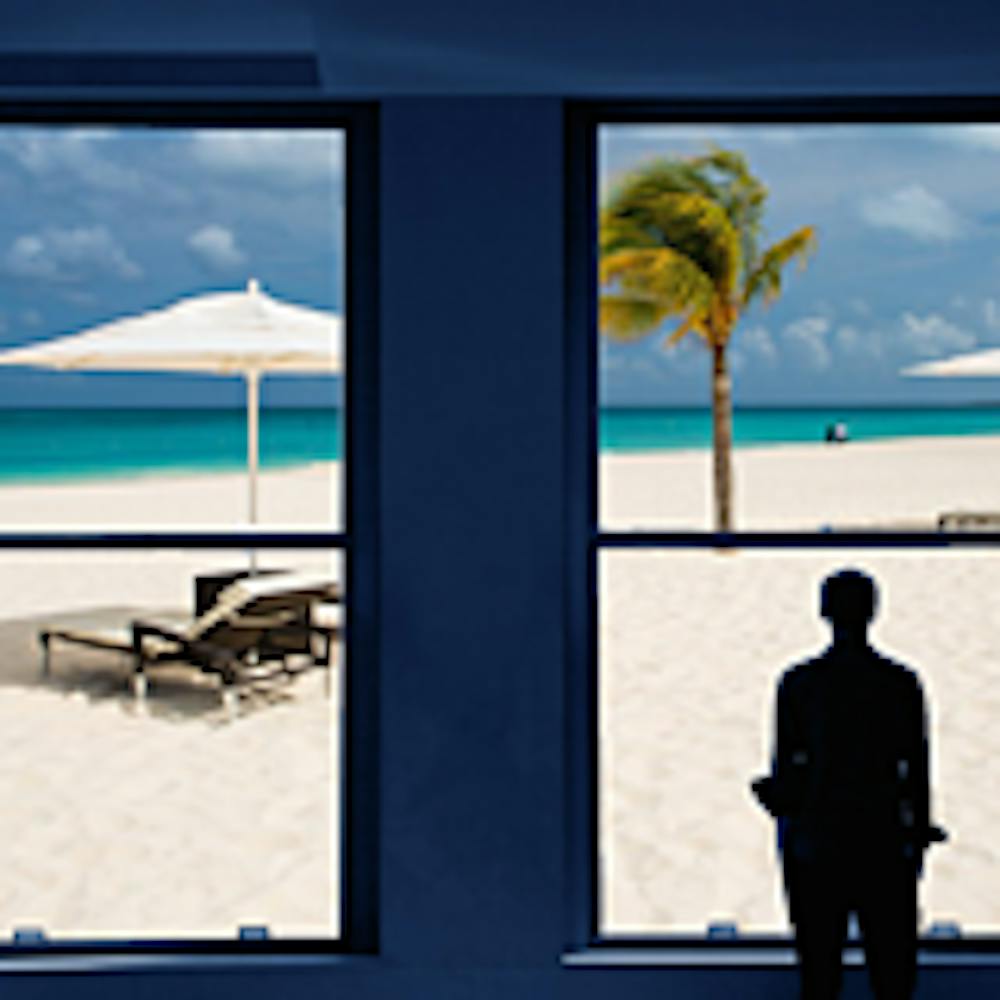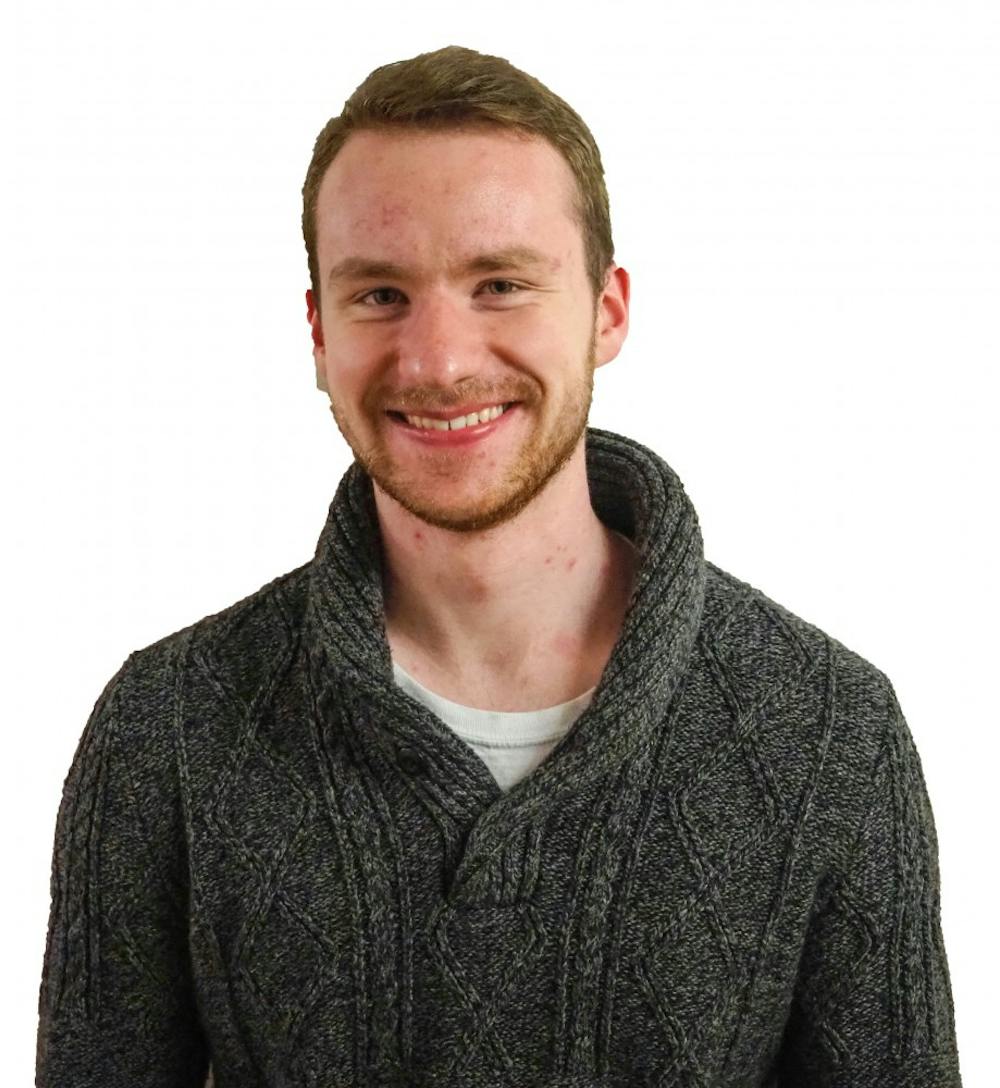
Penn students don’t occupy the Penn mindset for just nine months a year; it’s a year-round state of mind. While that reality does have its merits (pre-professionalism does prepare one well for the professional world) it also tends to bulldoze through the open spaces of summertime, forcing students to grind for twelve months a year instead of nine, and creating a culture of perpetual burnout. While Penn students should not be ashamed to pursue their aspirations and professional goals throughout the summer, they should also not forget that summer is one of the few times a year when they can easily prioritize themselves and enjoy life without undue stress.
Coming off of my freshman year, I have found that there is a chasm between my friends at Penn and my friends at home. While an overwhelming majority of the people I met at Penn were going on to do research, lab work, or an internship of some kind, most of my friends from home were going back to their old summer jobs, and were absolutely content with working a few hours a week and saving up some money. They weren’t as interested in building their resumes as they were in enjoying the time off they had from school and making some money on the side. To them, having something to brag about coming back from summer vacation wasn’t that important. Instead, they were making plans for day trips on the weekends, reunions with old high school friends, and spending time with the family that they hadn’t seen in months.
That’s not to say that internships and research positions are ‘bad,’ and flipping burgers at McDonald’s is ‘good.’ But especially for students at this school, it’s all too easy for summer plans to devolve into mindless competition, an arms race for the most lucrative job or experience that has no winner. Most especially for the summer after freshman year, there should be no shame in working hard at a minimum wage job back home. There’s no need to burn oneself out over obtaining the perfect internship now, when it’s more important to prioritize yourself and make time for self-care that will allow you to come back to Penn in August refreshed and ready to take on new classwork.
According to an article from the Atlantic, there’s a scientific basis for incorporating well-earned breaks periodically throughout the year. Although we tend to be obsessed with productivity, countless studies have found that short and deliberate breaks can improve productivity in the short term, while lengthier spans of vacation time can refresh students and workers alike in the long term. Constantly working year round is not only harmful to mental health, but it is ultimately self-defeating by reducing efficiency and productivity, and can be crippling when it’s time to hit the books again come August.
Even after freshman summer, where it’s far more critical that you do some kind of work related to your intended career, it’s essential to not lose sight of the purpose of summer “break.” It’s the time where we are liberated to pursue that project that has no clear payoff, but is something we are passionate about, to read that book we’ve been putting off for months, or even just to curl up in bed and binge Netflix all day. Post-graduation, this time for self-reflection and self-indulgence will be gone for most of us, and we will be saddled with the full responsibilities of adulthood. As college students, the number of lengthy summer breaks that we have remaining to us are in incredibly short supply. At no other time in our lives will it be easier to deepen friendships, meet new people, or try new things than now.

JAMES MORRISON is a College sophomore from Pipersville, Pa. studying English. His email address is jmorr2@sas.upenn.edu.
The Daily Pennsylvanian is an independent, student-run newspaper. Please consider making a donation to support the coverage that shapes the University. Your generosity ensures a future of strong journalism at Penn.
Donate






